This article was co-authored by Trudi Griffin, LPC, MS. Trudi Griffin is a Licensed Professional Counselor in Wisconsin specializing in Addictions and Mental Health. She provides therapy to people who struggle with addictions, mental health, and trauma in community health settings and private practice. She received her MS in Clinical Mental Health Counseling from Marquette University in 2011.
There are 10 references cited in this article, which can be found at the bottom of the page.
This article has been viewed 28,956 times.
Antidepressants are a class of drugs used to treat various mood disorders including major depression. The National Institutes of Health say that these medications help stabilize a person's brain chemicals to improve their mood.[1] Generally, you must take antidepressants for several weeks in order to enjoy any positive benefits. After taking these drugs for a prolonged period of time, you may choose to discontinue treatment for some reason. Learn how to safely and effectively stop taking your antidepressants with the help of your doctor.
Steps
Deciding How to Go Off Antidepressants
-
1Determine your reason for wanting to stop your antidepressants. The use of these drugs is generally aimed at reducing depressive symptoms or relieving anxiety. Still, some people who take them find themselves wanting to stop within a few weeks or months. Consider these possible reasons why you may want to quit them--and reasons why it may not be a good idea.
- You think it's taking too long. Doctors list impatience as one of the main reasons their patients stop taking their antidepressant medications. If this is your reason as well, try to give it time. Antidepressants are not a quick fix. Many patients notice signs of improvement within 2 to 4 weeks, but, for some, positive effects may take longer.[2]
- You are experiencing unwanted side effects. One of the most common side effects of some antidepressants is weight gain, and this is also a reason many want to quit them. Instead of quitting without talking to your doctor, share your concerns about this issue. Your doctor may be able to prescribe a different antidepressant or examine your lifestyle factors to look at ways you can minimize any weight gain.[3]
- You cannot afford the medications anymore. Depending on your insurance or specific lifestyle, it may be expensive to keep taking your antidepressant medication. Before quitting the meds on your own, discuss the issue with your doctor. He may be able to prescribe a generic or lower-cost version.[4]
-
2Recognize the risk of suddenly stopping your meds. Abruptly discontinuing your antidepressant medication can cause withdrawal symptoms. Because these drugs affect different chemicals in your brain, you may experience physical and emotional symptoms when the medication is discontinued.
- These symptoms are frequently referred to as antidepressant discontinuation syndrome and will affect one in five individuals who are on antidepressants for six weeks or longer.[5]
- These symptoms do not indicate addiction to antidepressants as this class of medications is not habit-forming. Rather, they reflect the body's reaction to suddenly stopping your medication regimen. These symptoms can be prevented or minimized by gradually going off your medication.
Advertisement -
3Expect side effects if you suddenly stop taking your meds. Signs of antidepressant discontinuation syndrome may appear within 1 to 2 days of quitting your meds. Remember, the only way to minimize these symptoms is to discontinue your meds gradually under medical supervision. Those who quit abruptly may experience the following symptoms:[6]
- Reemergence of depressive symptoms
- Headaches
- Anxiety
- Sleep disruption
- Flu-like symptoms, such as muscle aches and chills
- Nausea
- Irritability
- Dizziness
- Fatigue
- Electric shock sensations
Working with Your Doctor
-
1See if your doctor thinks discontinuing is the right choice. There are two primary reasons you should quit your antidepressant medications: you feel better and your physician thinks you will remain feeling better. Experts suggest that most patients should take antidepressants for at least six months in order to allow the medication time to work and prevent relapse of depression.[7]
- It's important to meet with your doctor, carefully evaluate your circumstances, and put together a plan that safely allows you to decrease your antidepressant dosage over several weeks or months.
-
2Come up with a suitable tapering schedule with your doctor. When both you and your doctor reach the conclusion that it is, in fact, time for you to discontinue antidepressants, he should discuss the risks of having antidepressant discontinuation syndrome if you do not adhere to the specified taper schedule.
- Each antidepressant has a different half-life or rate that it is absorbed into the body. Generally, the shorter the half-life, the more difficult it can be to discontinue the drug.[8]
- Most physicians will develop a plan that involves a dose reduction every two to six weeks. Your doctor will prescribe the appropriate dosage you need to effectively taper.
-
3Stay on the tapering schedule your doctor prescribes. The specific tapering schedule your doctor suggests will depend on how long you have been taking the drug, which drug you have been taking, the current dose, and how you responded to previous medication changes.[9] The purpose of tapering is to allow your brain the time to adapt to decreased amounts of the meds without negative side effects.
- Your schedule is customized and might not be the same schedule a friend or co-worker uses. The amount of time to discontinue antidepressants can vary from a week to several months, depending on your own circumstances.
-
4Alert your doctor if you experience severe side effects. As you reduce the amount of antidepressant medication you are taking, you may experience bothersome symptoms that impact your functioning. You might also notice a return of your depressive symptoms that indicate relapse. This can happen even with a taper. However, most physicians find that when you adhere to the taper schedule, any bothersome symptoms tend to disappear shortly after.[10]
- During this time, it is pertinent that you stay in communication with your doctor. He or she may need to alter the tapering regimen you are on to a higher dose or a more gradual taper in order to overcome negative side effects or prevent relapse.
Counteracting Negative Side Effects
-
1Reduce medications during less stressful periods. One way to counteract the potential downsides of discontinuing your meds is to start your taper during a relatively mild time in your personal life. You may gradually stop taking the meds but still experience negative side effects if you are under great stress. Talk with your doctor to determine when might be the best time to initiate a discontinuation schedule.[11]
- For example, if you are going through a major transition such as changing jobs or getting a divorce, you and your doctor may want to hold off on cutting back your meds until a less stressful time.
-
2Aim to taper in the spring or summer. If you live in a Northern state or region, stopping your antidepressants during the fall or winter months could result in symptoms reemerging due to seasonal affective disorder or simply due to the more somber environment of these seasons.
- What's more, the spring and summer months feature elements that may naturally lift one's mood, such as birds chirping, sunshine, and the lush outdoors.[12]
-
3Consider psychotherapy while tapering. If you are not already seeing a counselor or therapist for your mood or anxiety disorder, now may be the time to start. A combined treatment approach of psychotherapy with medications typically leads to the best outcomes.
- Therefore, talking with a therapist while tapering can help you to identify problem areas in your thinking or behaviors that may contribute to a poor mood. Attending therapy significantly lessens the likelihood of relapse after discontinuing meds.[13]
-
4Find a source of support. Discontinuing your antidepressant medication can be a rocky period. You can successfully get through this time by staying in contact with your doctor and therapist. It can also be helpful to involve a close friend or family member in the process. This person can be there to console you or help lift your mood at times when you are feeling especially tearful or irritable.[14]
- Another option is to join a support group at a clinic, community center, or local religious organization.
-
5Practice regular self-care. Work with your body and mind to fend off a relapse of depression by taking good care of yourself. Exercise regularly to boost your mood and fight stress.[15] Enjoy a healthy, balanced diet including foods that help you treat depression naturally. Set aside time each night and unwind to ensure you get 7 to 9 hours of restful sleep.
- In addition to diet, exercise, and sleep, you can also improve your discontinuation success by engaging in activities that you enjoy as well as using strategies such as meditation and yoga for stress relief.
Warnings
- Always come off antidepressants under a doctor's supervision.⧼thumbs_response⧽
- Do not suddenly stop taking your antidepressant. You are more likely to experience discontinuation withdrawal symptoms if you do this.⧼thumbs_response⧽
References
- ↑ https://www.nlm.nih.gov/medlineplus/antidepressants.html
- ↑ http://citeseerx.ist.psu.edu/viewdoc/download;jsessionid=3A36509E497DA134C94651884E9D6F3A?doi=10.1.1.616.4528&rep=rep1&type=pdf
- ↑ http://www.mayoclinic.org/diseases-conditions/depression/expert-answers/antidepressants-and-weight-gain/FAQ-20058127?p=1
- ↑ https://www.webmd.com/depression/qa/are-antidepressants-covered-by-insurance
- ↑ http://citeseerx.ist.psu.edu/viewdoc/download;jsessionid=6CEDD4921F3FD8BB32BB1C7774C0CE58?doi=10.1.1.692.9957&rep=rep1&type=pdf
- ↑ http://www.mayoclinic.org/diseases-conditions/depression/expert-answers/antidepressant-withdrawal/FAQ-20058133?p=1
- ↑ https://myhealth.alberta.ca/health/AfterCareInformation/pages/conditions.aspx?HwId=uf10374
- ↑ http://www.health.harvard.edu/diseases-and-conditions/going-off-antidepressants
- ↑ http://www.health.harvard.edu/diseases-and-conditions/going-off-antidepressants
- ↑ http://citeseerx.ist.psu.edu/viewdoc/download;jsessionid=6CEDD4921F3FD8BB32BB1C7774C0CE58?doi=10.1.1.692.9957&rep=rep1&type=pdf
- ↑ http://psychcentral.com/blog/archives/2011/03/26/when-should-i-come-off-my-antidepressant-6-things-to-consider/
- ↑ http://www.npr.org/templates/story/story.php?storyId=127032255
- ↑ http://www.health.harvard.edu/diseases-and-conditions/going-off-antidepressants
- ↑ http://www.health.harvard.edu/diseases-and-conditions/going-off-antidepressants
- ↑ http://www.health.harvard.edu/diseases-and-conditions/going-off-antidepressants
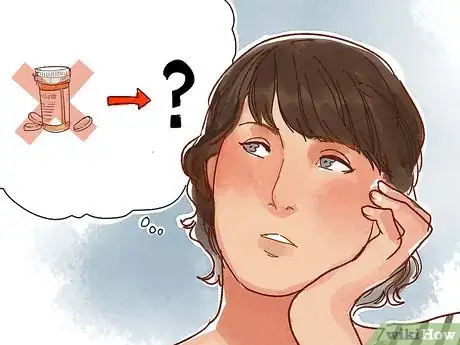
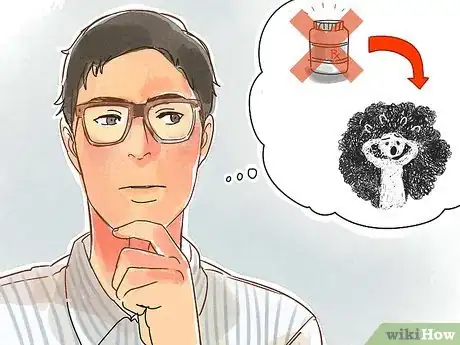

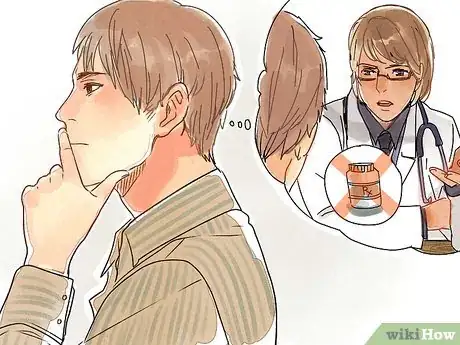
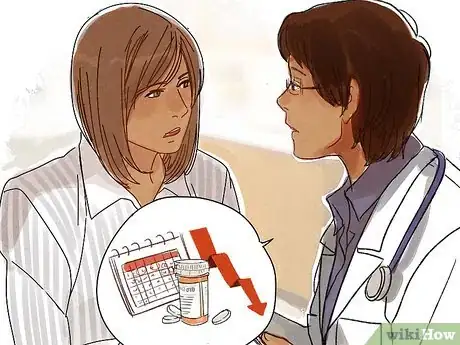
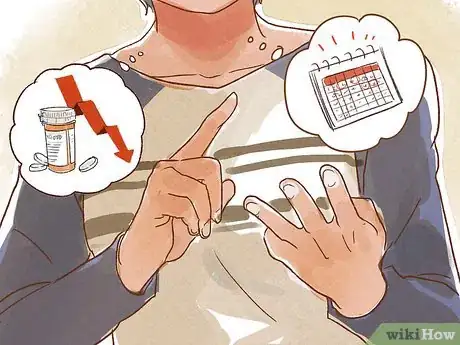
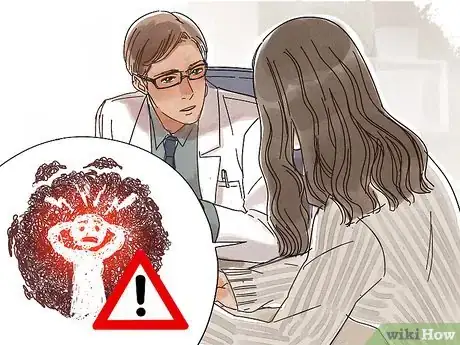
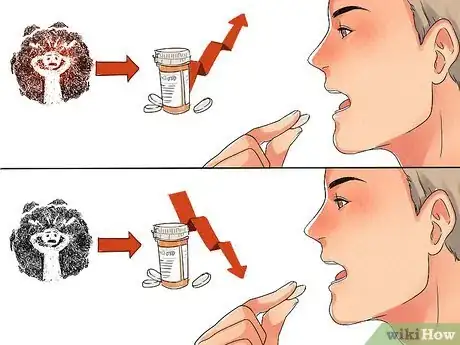
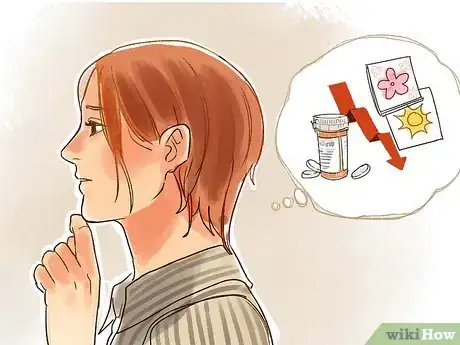
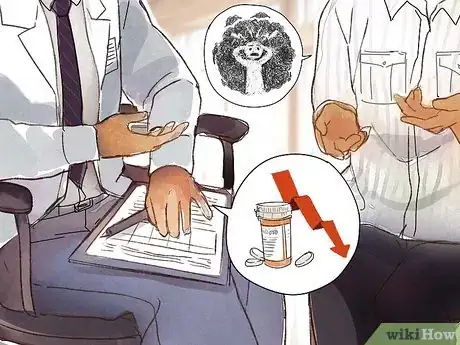

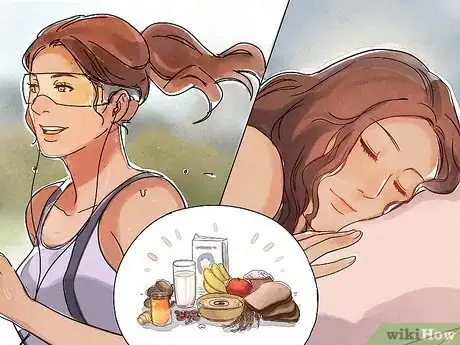

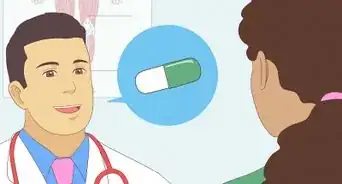



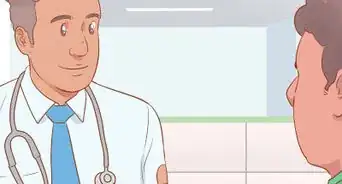
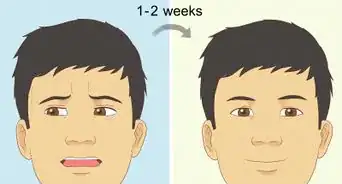
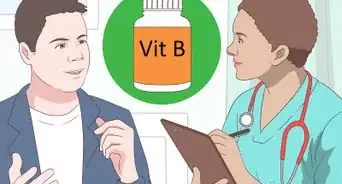
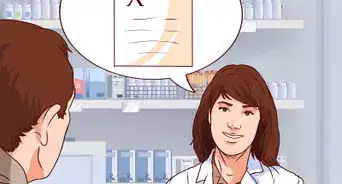

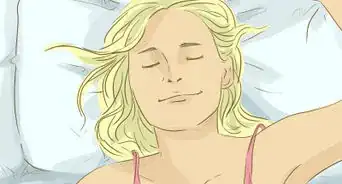
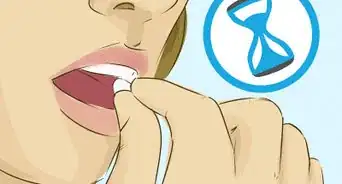
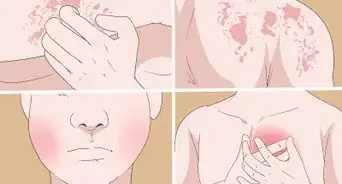










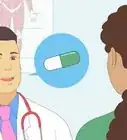





































Medical Disclaimer
The content of this article is not intended to be a substitute for professional medical advice, examination, diagnosis, or treatment. You should always contact your doctor or other qualified healthcare professional before starting, changing, or stopping any kind of health treatment.
Read More...